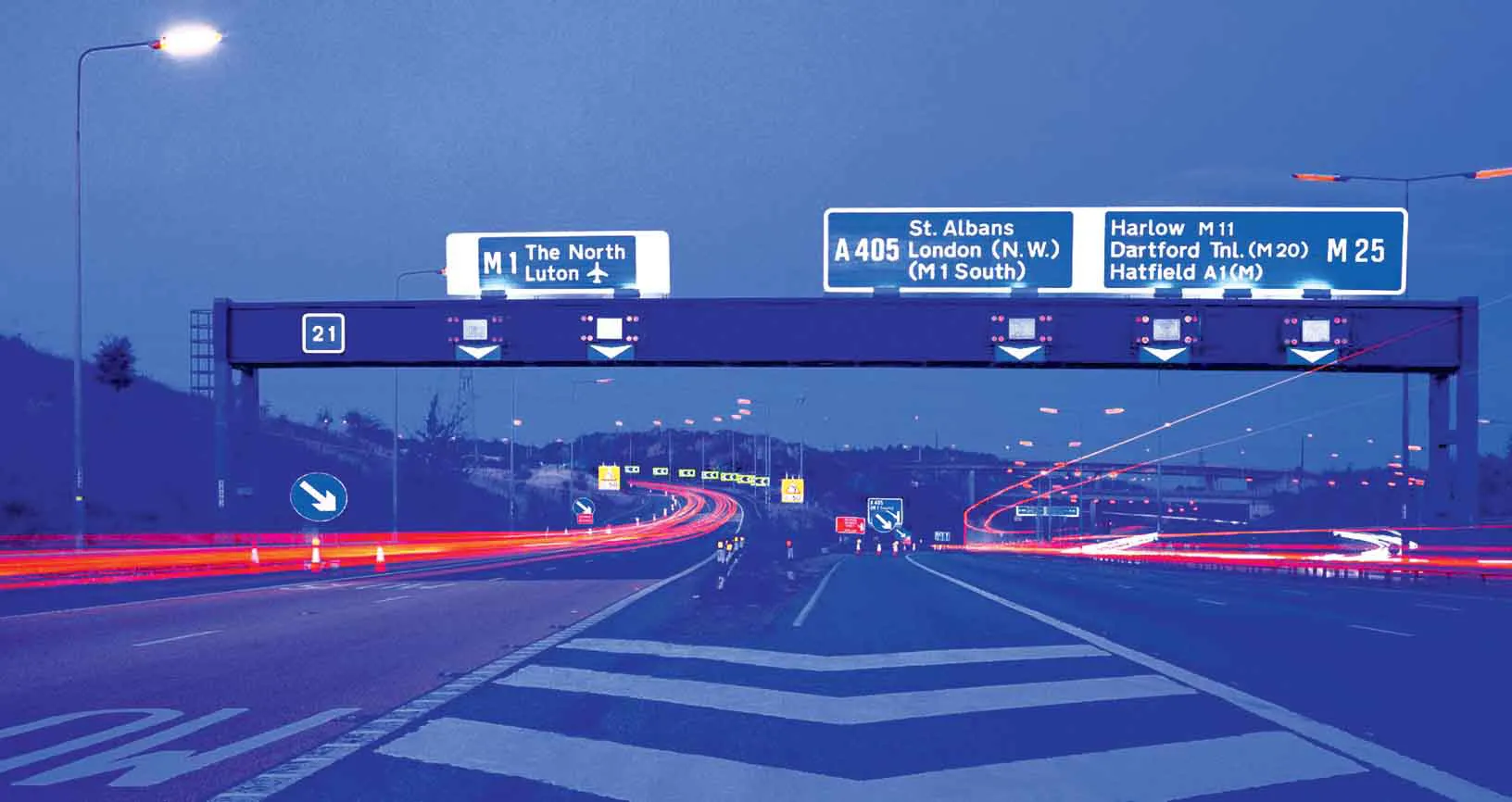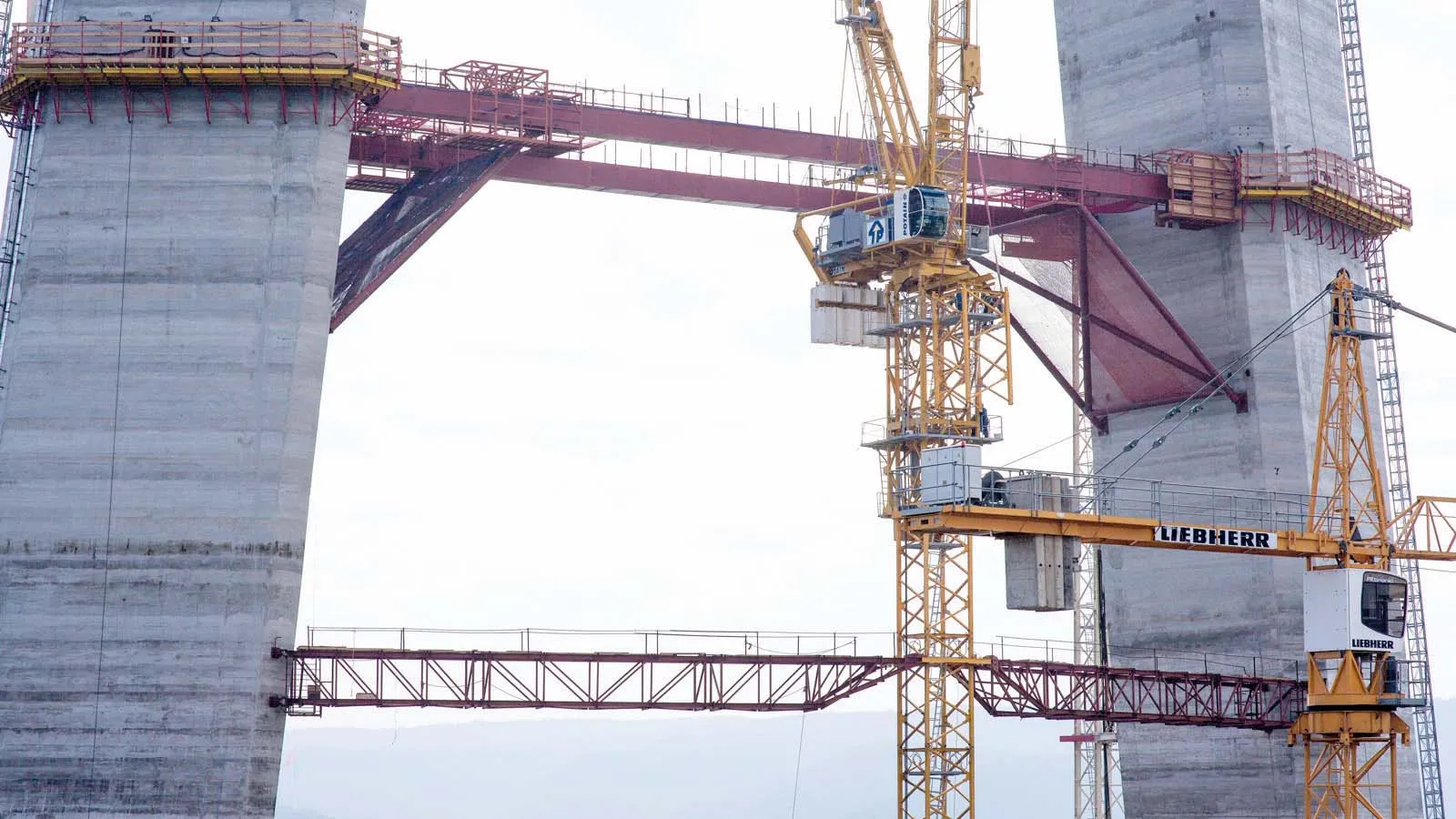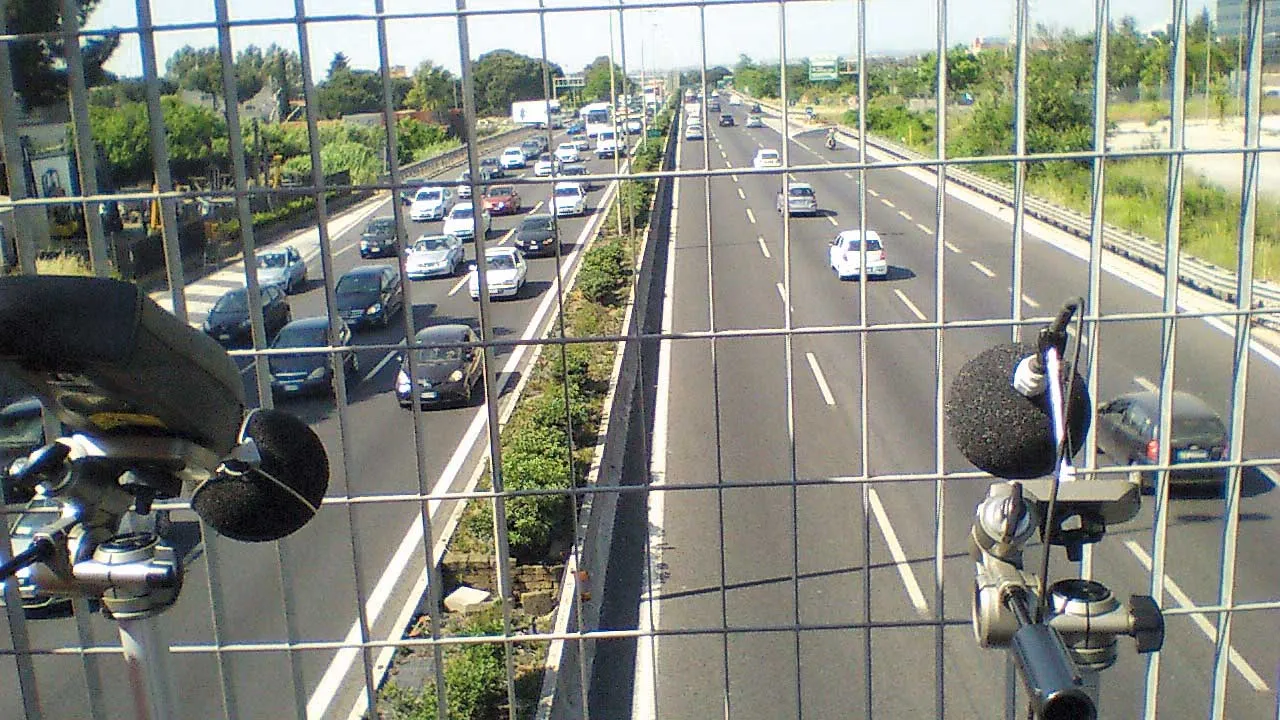The innovative LABEL project lays the foundations for reducing cargo theft and promoting greater transport security on Europe's road networks. In Europe, cargo theft is a criminal phenomenon that has an important economic impact. Research has put the total loss caused at approximately €8.2 billion yearly. The calculation includes costs such as the re-production and the re-packaging and resending of the stolen goods. According to data from the International Road Transport Union (IRU), one out of six drivers
February 8, 2012
Read time: 3 mins

The innovative LABEL project lays the foundations for reducing cargo theft and promoting greater transport security on Europe's road networks
In Europe, cargo theft is a criminal phenomenon that has an important economic impact. Research has put the total loss caused at approximately €8.2 billion yearly. The calculation includes costs such as the re-production and the re-packaging and resending of the stolen goods. According to data from the1203 International Road Transport Union (IRU), one out of six drivers has been a victim of theft - with 63% of the cases involving cargo theft.
Recognising the European dimension of this problem, the2465 European Commission (EC) has launched a strategy aimed at combating theft by increasing the number of dedicated truck parking areas, improving their safety and providing information about their location. Within this context, the EC's Directorate-General for Mobility and Transport decided to support the LABEL project, which involves 11 partners from four European countries, including the 1202 European Road Federation (ERF).
Building on the SETPOS (Secure European Truck Parking Operational Services) project, which worked towards establishing a common standard for secure truck parking, and constructed a number of secured truck parking areas by way of demonstration, LABEL is a co-funded research project aimed at creating a label for secured truck parking areas along the Trans-European Road Network. It also seeks to define a certification process, including an online information facility.
Progress on the project was recently presented at a major Truck Parking Conference, held in Brussels on 25-26 October, under the auspices of the Belgian Presidency of the European Union (EU), and attended by a large number of high-level stakeholders.
LABEL's major achievement to date, has been the development of a uniform, Europe-wide classification and certification system for truck parking throughout the continent. This informs drivers simply and instantly regarding the security and quality of any given service area; and also enables truck stop operators to differentiate between themselves. To accomplish this, the project has successfully defined and tested a certification method based on a two-tier, five-star rating system. The first tier identifies security criteria, using 'lock' symbols, while the second awards 'stars' for service and quality.
The rating system is complemented by an online information service designed to help road hauliers plan their stops, as well as user-friendly road signs (showing the star and lock symbols) for drivers without access to the internet on the road.
Testifying to the importance attached to secure parking by policymakers, the Belgian Presidency shortly intends to draft a Council resolution on the basis of the security module drawn up by LABEL.
Following this resolution, which will be tabled for signature during the upcoming Justice and Home Affairs Council, the EU Member States will put in place harmonised measures for combating road freight crime, establishing secure parking areas and providing information regarding their location.
LABEL can also count on strong European industry support. During the Truck Parking Conference referred to above, the IRU committed to ensuring follow up for its members by hosting a self assessment tool that allows public authorities and/or parking area managers to submit regular information about their parking areas. Moreover, in cooperation with the International Transport Forum, it will also establish international and national assessment committees through which all stakeholders can work together to ensure security on European roads.
In Europe, cargo theft is a criminal phenomenon that has an important economic impact. Research has put the total loss caused at approximately €8.2 billion yearly. The calculation includes costs such as the re-production and the re-packaging and resending of the stolen goods. According to data from the
Recognising the European dimension of this problem, the
Building on the SETPOS (Secure European Truck Parking Operational Services) project, which worked towards establishing a common standard for secure truck parking, and constructed a number of secured truck parking areas by way of demonstration, LABEL is a co-funded research project aimed at creating a label for secured truck parking areas along the Trans-European Road Network. It also seeks to define a certification process, including an online information facility.
Progress on the project was recently presented at a major Truck Parking Conference, held in Brussels on 25-26 October, under the auspices of the Belgian Presidency of the European Union (EU), and attended by a large number of high-level stakeholders.
LABEL's major achievement to date, has been the development of a uniform, Europe-wide classification and certification system for truck parking throughout the continent. This informs drivers simply and instantly regarding the security and quality of any given service area; and also enables truck stop operators to differentiate between themselves. To accomplish this, the project has successfully defined and tested a certification method based on a two-tier, five-star rating system. The first tier identifies security criteria, using 'lock' symbols, while the second awards 'stars' for service and quality.
The rating system is complemented by an online information service designed to help road hauliers plan their stops, as well as user-friendly road signs (showing the star and lock symbols) for drivers without access to the internet on the road.
Testifying to the importance attached to secure parking by policymakers, the Belgian Presidency shortly intends to draft a Council resolution on the basis of the security module drawn up by LABEL.
Following this resolution, which will be tabled for signature during the upcoming Justice and Home Affairs Council, the EU Member States will put in place harmonised measures for combating road freight crime, establishing secure parking areas and providing information regarding their location.
LABEL can also count on strong European industry support. During the Truck Parking Conference referred to above, the IRU committed to ensuring follow up for its members by hosting a self assessment tool that allows public authorities and/or parking area managers to submit regular information about their parking areas. Moreover, in cooperation with the International Transport Forum, it will also establish international and national assessment committees through which all stakeholders can work together to ensure security on European roads.








